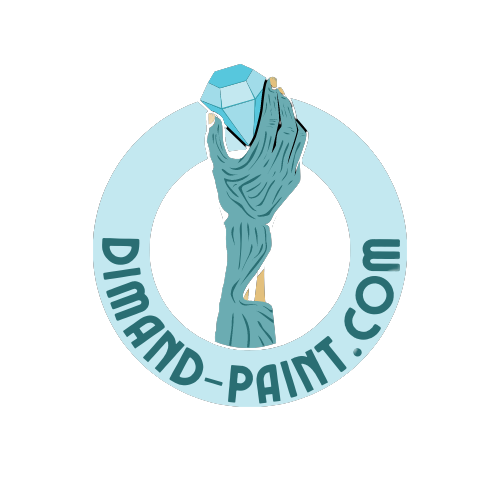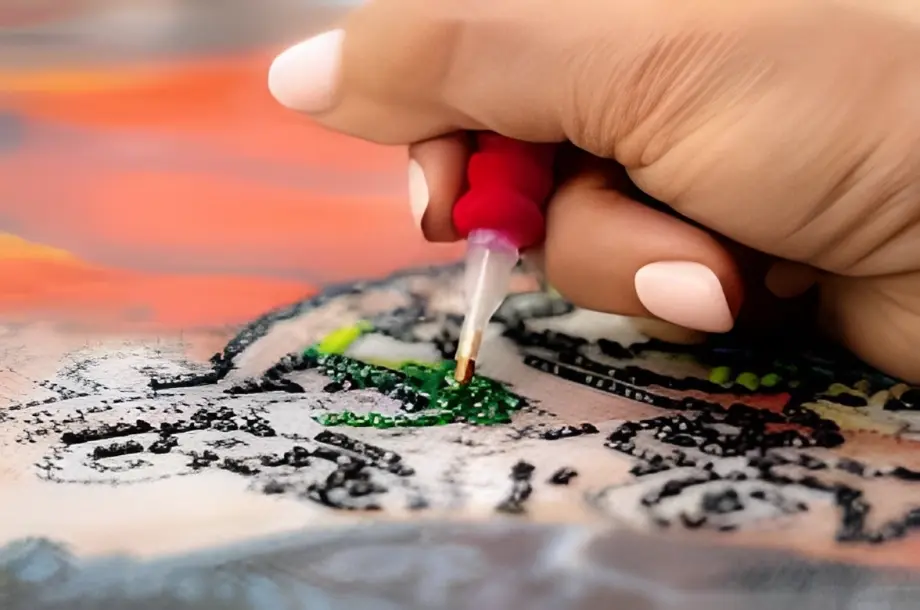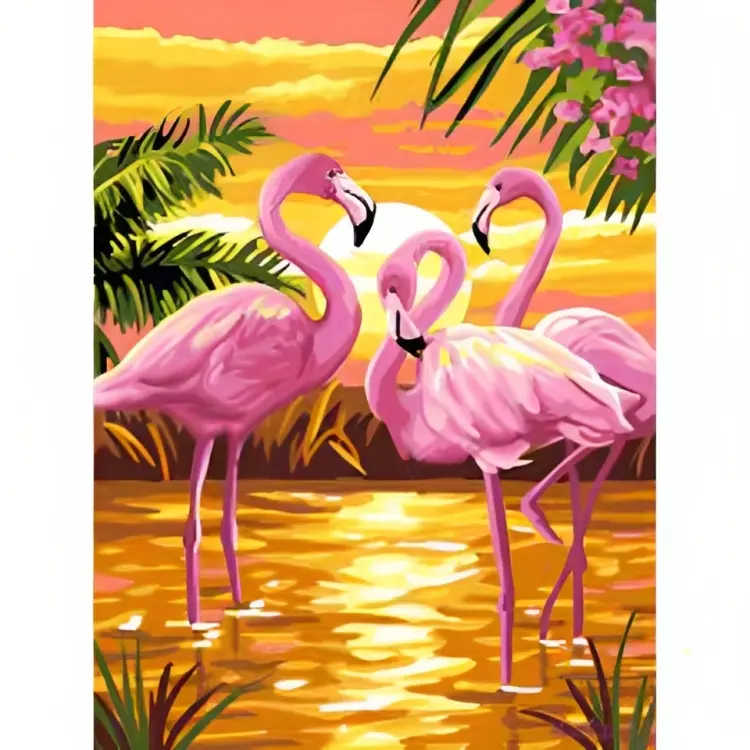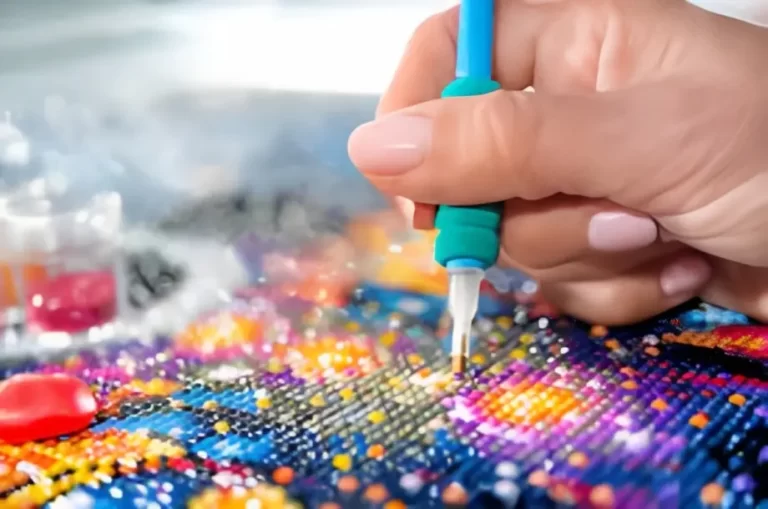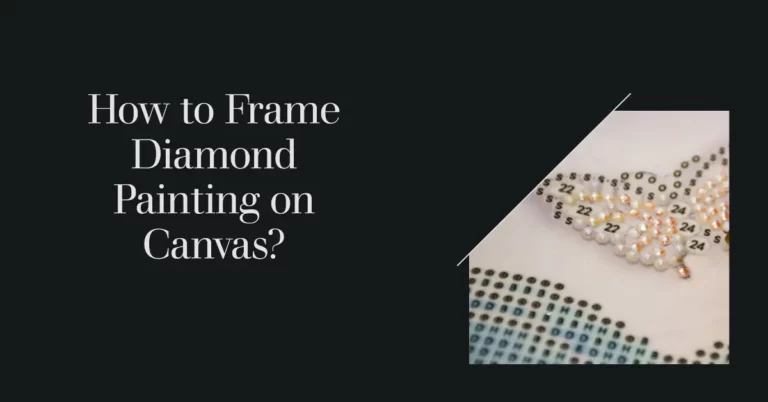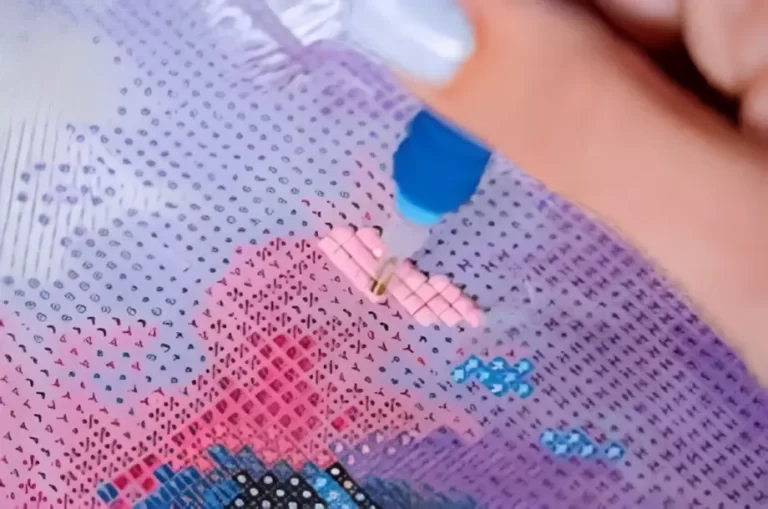What to Do If Your Diamond Painting Is Not Sticky?
Diamond painting has gained immense popularity as a creative and relaxing hobby. The process involves placing tiny resin “diamonds” onto an adhesive canvas to create stunning and shimmering artwork. However, one common issue that diamond painters may encounter is a non-sticky canvas. When the canvas loses its adhesive properties, it can become frustrating and hinder the progress of your project. In this article, we will explore what to do if your diamond painting is not sticky and provide helpful solutions to get you back on track.
Common Issue: Non-Sticky Canvas
A non-sticky canvas can occur due to various reasons. It may be a result of improper storage, exposure to dust or debris, or accidental damage during the unpacking process. Regardless of the cause, dealing with a non-sticky canvas can be disappointing, especially when you’re excited to begin your diamond painting masterpiece. However, there are steps you can take to troubleshoot and resolve this issue.
Troubleshooting Tips
Cleaning the Canvas
The first step in addressing a non-sticky canvas is to clean it properly. Gently wipe the canvas surface using a soft, lint-free cloth to remove any dust or debris. If the canvas requires further cleaning, you can use a mild soap and water solution. Be cautious not to saturate the canvas with excessive moisture, as it may cause damage or affect the adhesive properties.
Using Adhesive Sprays
Adhesive sprays can be an effective solution for reviving the stickiness of your diamond painting canvas. These sprays are specifically designed to provide a temporary adhesive layer. Before applying the adhesive spray, ensure that the canvas is clean and dry. Following the manufacturer’s instructions, evenly spray the adhesive over the canvas surface. Exercise caution to avoid overspraying, as it can lead to excessive stickiness or uneven application.
Double-Sided Tape or Glue
Another option to secure diamonds on a non-sticky canvas is to use double-sided tape or glue. Double-sided tape can be cut into small pieces and applied to the non-sticky areas. Ensure that the tape is securely attached before placing the diamonds on top. Alternatively, you can use craft glue or specialized diamond painting glue to adhere the diamonds to the canvas. Apply a thin layer of glue to the non-sticky spot and wait for it to reach a tacky stage before placing the diamonds.
Mod Podge or Sealant
Mod Podge, a popular crafting sealant, can also be used to make the canvas sticky again. Apply a thin layer of Mod Podge over the entire canvas, including the non-sticky areas. Allow it to dry completely before proceeding with your diamond painting. Alternatively, you can explore other sealant options specifically designed for diamond painting canvases.
Preventive Measures
Prevention is always better than finding a solution. To avoid encountering a non-sticky canvas in the future, consider implementing these preventive measures:
- Store your diamond painting kits in a cool and dry place, away from direct sunlight and extreme temperatures.
- Handle the canvases with care during unpacking to prevent accidental damage.
- Choose high-quality diamond painting kits and canvases from reputable sellers to ensure better adhesive properties.
By adopting these preventive measures, you can minimize the chances of facing a non-sticky canvas and enjoy a smoother diamond painting experience.
Conclusion
A non-sticky canvas can be a temporary setback in your diamond painting journey. However, with the troubleshooting tips mentioned in this article, you can revive the stickiness of your canvas and continue creating beautiful diamond paintings. Remember to clean the canvas, consider adhesive sprays, double-sided tape or glue, and explore sealant options like Mod Podge. By taking preventive measures and following these solutions, you can overcome the challenge of a non-sticky canvas and fully immerse yourself in the joy of diamond painting.
